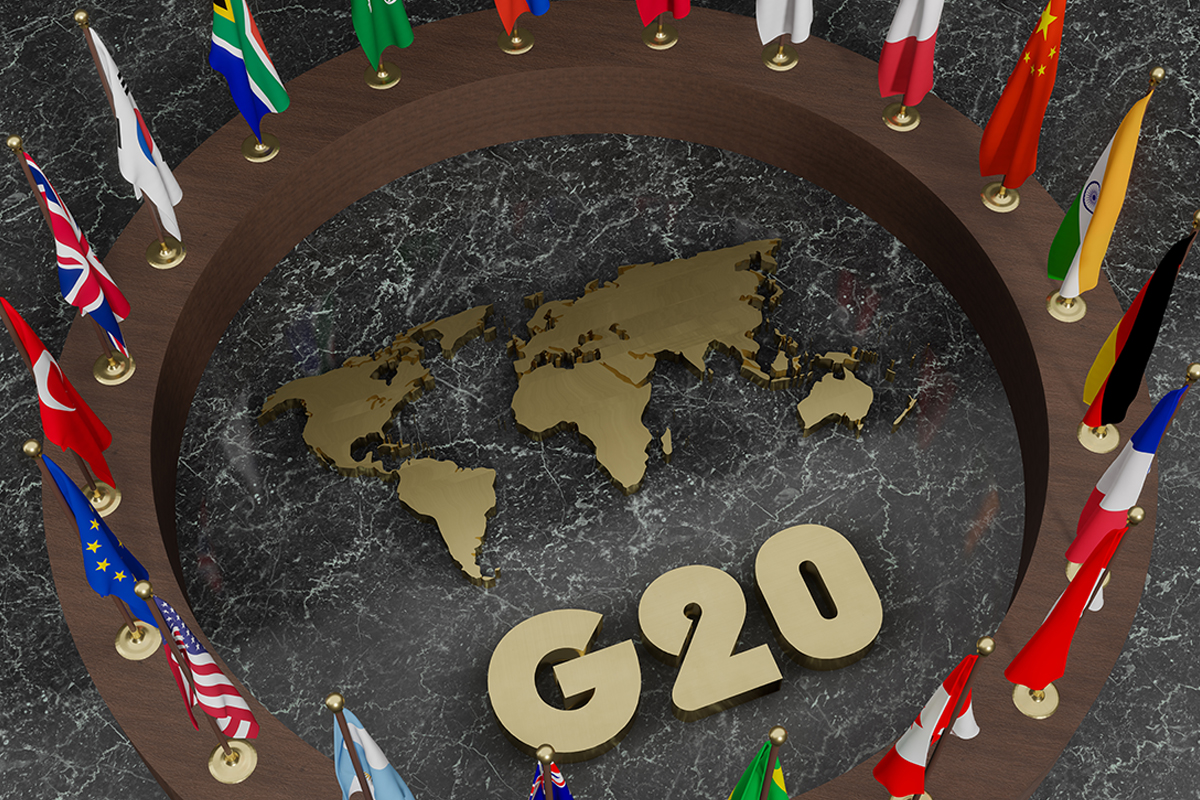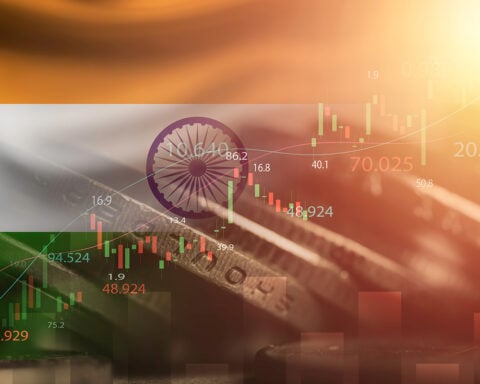The G20 summit held in New Delhi last weekend delivered several key outcomes that promise to reshape the global economic and geopolitical landscape.
Ambitious India-Middle East-Europe Transport Corridor
The most significant revelation from the summit was the announcement of a groundbreaking economic corridor connecting India, the Middle East, and Europe via rail and sea. Indian Prime Minister Narendra Modi and European Commission President Ursula von der Leyen unveiled this ambitious project, which is set to accelerate trade between India and Europe by a remarkable 40%.
This initiative is seen as a potential challenge to China’s economic influence in the region, aligning with the US President Joe Biden’s efforts to provide an alternative to Beijing’s Belt and Road Initiative. While no binding financial commitments were made, an action plan is expected to be developed in the next 60 days.
African Union Elevates Its Status
The African Union (AU) made a historic leap from being an invited international organization to becoming a permanent member of the G20.
Representing a continent housing the world’s largest free trade area, Africa also possesses significant resources crucial for addressing climate change. With 60% of global renewable energy assets and over 30% of key minerals for renewable and low-carbon technologies, Africa’s newfound G20 status recognizes its growing global influence and hard-to-ignore voice.
Climate Commitments Fall Short
Despite the urgency of addressing climate change, the G20 summit produced “insufficient” outcomes in this critical area, according to French President Emmanuel Macron. While the G20 nations collectively emit 80% of planet-warming gases, there was no overarching commitment to phase out fossil fuels. Instead, leaders pledged to triple renewable energy sources by 2030.
They also quantified the financial requirements for developing countries, noting that €5.5 billion would be needed until 2030 to meet climate goals, with an additional €3.7 billion annually required to achieve net-zero emissions by 2050. However, no specific action plan was developed to achieve these targets.
World Bank’s Expanding Role
Both the US and India pushed for an expansion of the World Bank’s lending capacity as an alternative to loans from China for developing economies.
The reform of multilateral lenders and efforts to bolster their balance sheets were central topics at the summit. Leaders, including President Biden and Prime Minister Modi, called for making the World Bank “stronger” to address global challenges and meet the urgent needs of the world’s poorest nations.
India’s Diplomatic Success
In a surprising turn of events, all G20 countries agreed on a joint declaration at the end of the summit, solidifying India’s diplomatic success as the host nation. This achievement underscored Indian Prime Minister Narendra Modi’s efforts to increase the country’s global influence and attract investment and trade, positioning India as a major economic power on the world stage. Additionally, the G20 leadership role served as a platform for Modi to boost his domestic standing as he seeks a third term in office in upcoming elections.
The G20 summit in New Delhi showcased significant developments with far-reaching implications for global economics and geopolitics. While the economic corridor and the African Union’s elevation mark transformative moments, climate commitments, and the expansion of the World Bank’s role reveal the challenges ahead in addressing pressing global issues. India’s diplomatic success further underscores its rising influence in international affairs. The world will be closely watching how these outcomes unfold in the coming months and years.







